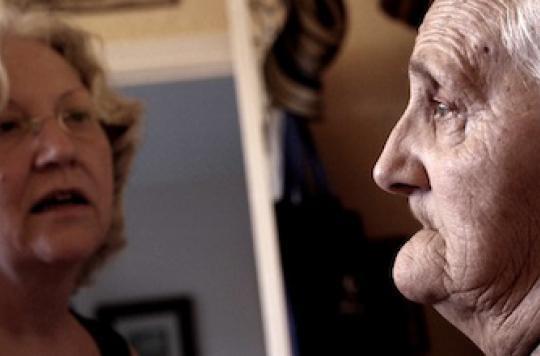American researchers find that anemia in an elderly person is associated with a 64% increase in the risk of dementia ten years later.

A low level of hemoglobin in the elderly predicts a long-term risk of developing dementia. Thus, anemia would increase the risk of dementia by 64% after eleven years of follow-up. This is what reveals a study in more than 2,500 adults aged between 70 and 79 years.
It was American researchers from the University of California at San Francisco who demonstrated this link between anemia and the risk of dementia. A risk factor independent of other risk factors for Alzheimer’s disease. Previous studies had already found a link between anemia and dementia, but on smaller population bases, and with short follow-up.
However, this link raises a lot of questions. Researchers are wondering about the mechanisms. Is it chronic cerebral hypoxia associated with anemia, since there are fewer red blood cells in the blood, that leads to the development of dementia? But, “it could also be that anemia is a consequence of a deficiency in micronutrients such as iron or vitamin B12 which causes cognitive impairment, or even that anemia is just a marker of poor health or other factors at the origin of the association, ”asks Dr. Kristine Yaffe of the University of California.

.

















